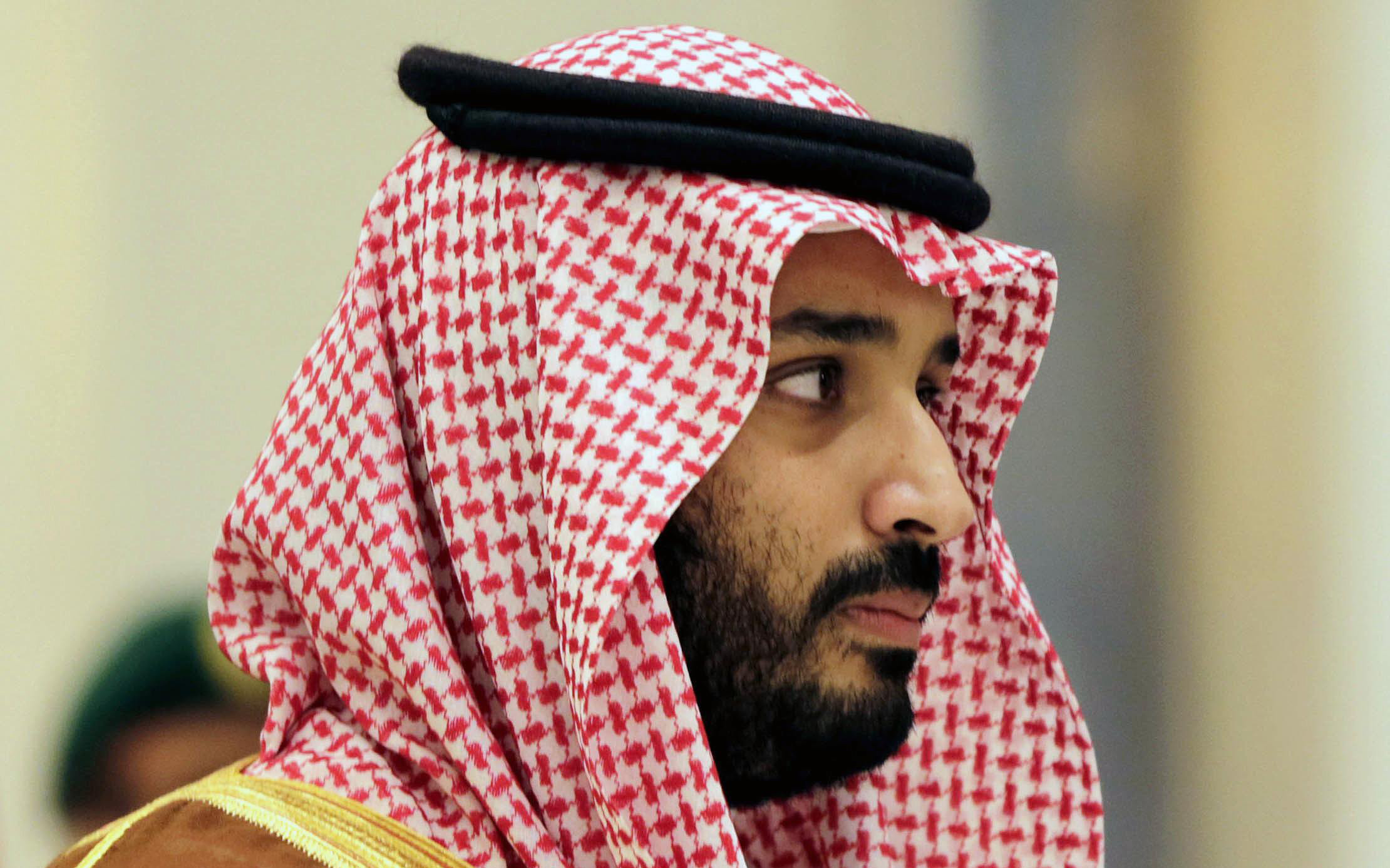With the elevation of 31-year-old Mohammed bin Salman to the position of Crown Prince – the youngest Crown Prince Saudi Arabia has ever had – there has come a sense of optimism about the future of the kingdom’s socio-economic state.
There is hope among activists and the general public that younger leadership will bring about a wave of modernization in policy and result in a reformed society that generates stable jobs and upholds citizens’ human rights. Groups such as Human Rights Watch (HRW) have also communicated high hopes for Mohammed bin Salman, releasing a statement that called on him to publicly commit to rights reform.
But while there is a sense of optimism about the direction of the country after bin Salman’s elevation to Crown Prince, there remains an air of skepticism about his promotion. Even though he has demonstrated ambition on the economic front, he has not taken steps to address calls for human rights reforms essential to bringing the country in line with international standards. Thus far, he has failed to address women’s rights, for example, and has not proposed a comprehensive strategy to phase out patriarchal institutions such as the male guardianship system or driving ban. In addition, although the Saudi Vision 2030 initiative includes a mention of increasing women in the labor force from 22 to 30 percent, the plan, which is led by bin Salman, demonstrates little consideration of the practical barriers such a reform would face, particularly concerning conservative sentiment within broad swathes of the population.
Furthermore, bin Salman’s role in Saudi Arabia’s involvement in the conflict in Yemen, and the rights abuses committed by the kingdom and its coalition allies, raises concerns about future human rights reforms. In his previous position as defense minister, bin Salman played a significant role in Saudi’s military involvement in Yemen. As the official responsible for Saudi Arabia’s engagement, he has overseen numerous airstrikes on residential targets as well as a blockade that has brought much of Yemen to the brink of famine.
Less than a month into bin Salman’s job as Crown Prince, Saudi Arabia has executed more than ten prisoners, including at least four who were sentenced to death for participating in peaceful protests. Now, there are indications that the kingdom may execute 14 more individuals at any moment, including one young man arrested for participating in a peaceful protest when he was a minor. In the first half of 2017 alone, the Saudi Arabian government has executed fifty-six individuals. This rise in executions has been condemned by rights groups and a recent Amnesty International statement accused the Saudi government of using the death penalty as “a political weapon to silence dissent.”
In addition, prominent Saudi rights activists, including blogger Raif Badawi and women’s rights advocate Maryam al-Otaibi are still in prison for peacefully exercising their right to freedom of speech. Bin Salman has yet to take a stance on releasing these prisoners of conscience or reforming law enforcement to ensure due process and adequate treatment of detainees.
While there is optimism for bin Salman’s economic policies, he has thus far had little impact on Saudi Arabia’s human rights policy. He has yet to take a positive stance on women’s rights, has played a large role in the humanitarian crisis in Yemen, and at least tacitly supports the criminalization of peaceful dissent and the execution of dissidents and peaceful protesters. In his newfound position of authority, bin Salman has an opportunity to address these issues and he should use his power to bring Saudi Arabia’s human rights policies in line with international standards.
Navneet Gidda, an Advocacy Intern at ADHRB





